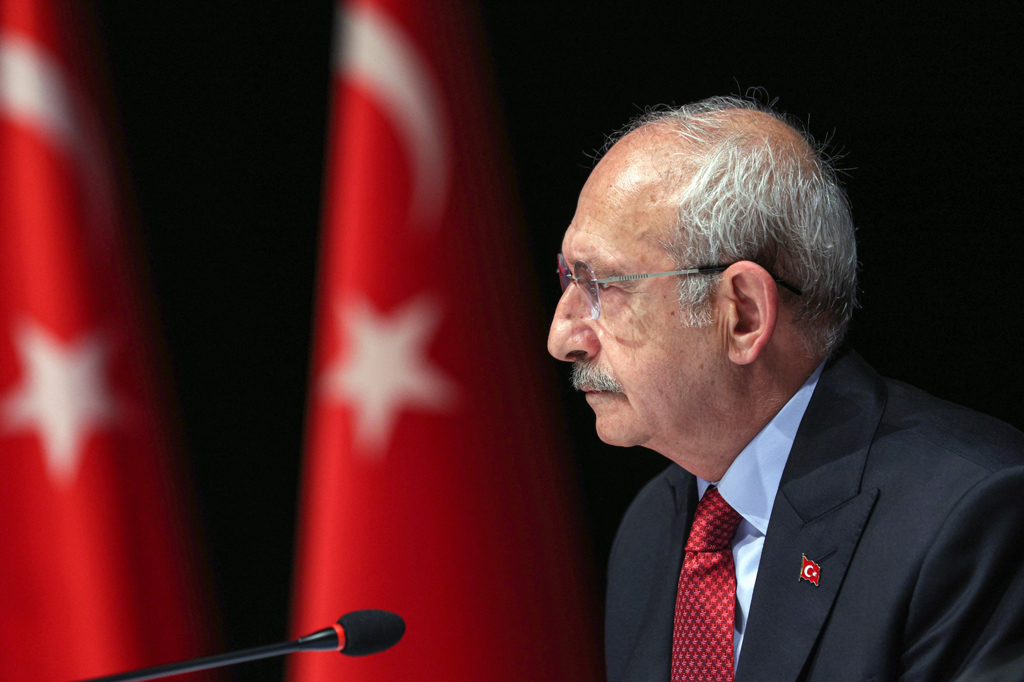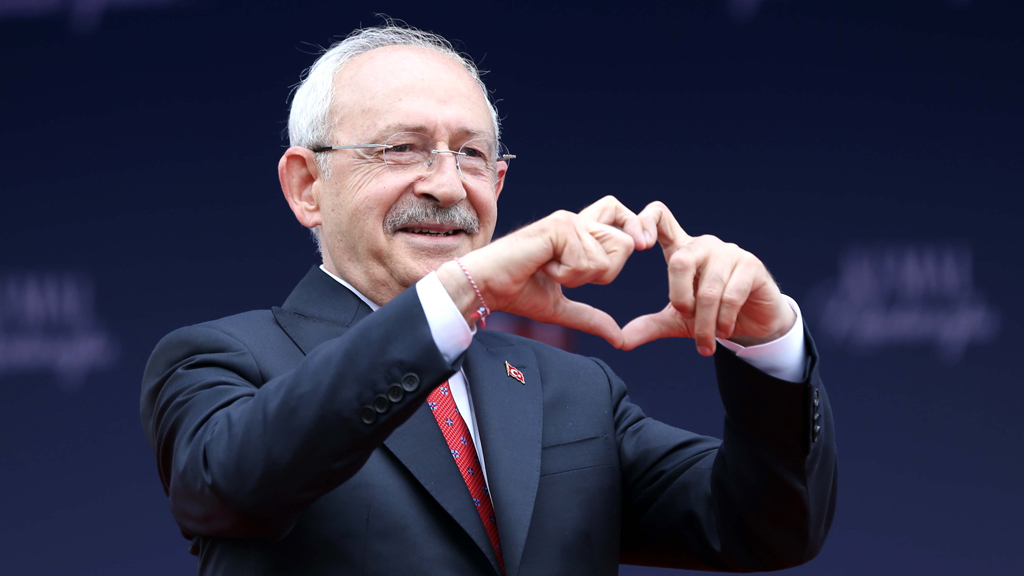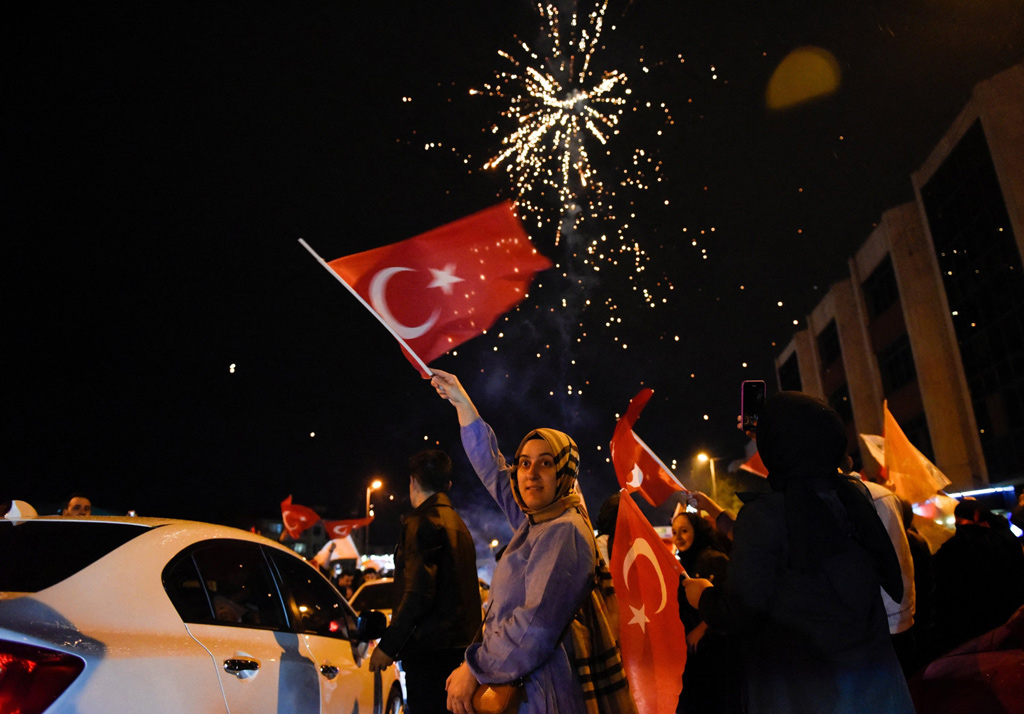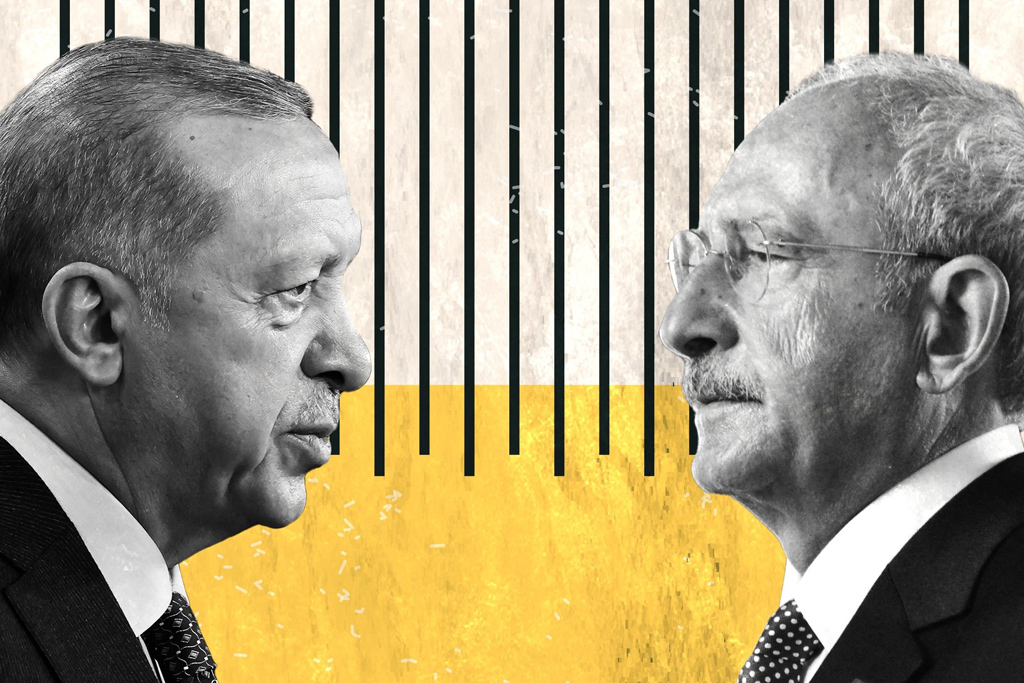Nation Alliance

Is it possible to treat opposition’s ‘internal bleeding’?
| OpinionTürkiye’s governing alliance pays no attention to the opposition and prepares for next year’s local …
-
Opinion
Is it possible to treat opposition’s ‘internal bleeding’?
By Burhanettin DuranTürkiye’s governing alliance pays no attention to the opposition and prepares for next year’s local elections. The resulting political void is filled by a showdown between and within the opposition alliance’s members. As new details about past negotiations and disappointments surface in the media, the opposition continues to bleed internally.
-
Opinion
Path of Turkish politics in new era amid crisis in opposition
By Burhanettin DuranAt the height of his political power, Erdoğan will make improvements to the presidential system in an attempt to consolidate it. Adopting a holistic approach to all parts of politics, he will try to take bold steps and launch new initiatives in Türkiye.
-
Opinion
Türkiye elections: How Erdogan proved his critics wrong
By Tanya Goudsouzian By Murat AslanThe results of last week's Turkish election runoff came in sooner than anticipated. By 7pm in Istanbul (4pm GMT), it was clear that incumbent President Recep Tayyip Erdogan had won another term in office with a little over 52 percent of the vote.
Bu Konuda Daha Fazla
-
Türkiye’s Opposition Supporters Insult Earthquake Victims After May 14...
By Politics TodayAfter the May 14 elections in Turkey, disturbing comments emerged on social media platforms aimed at earthquake survivors. How earthquake survivors would affect the election outcome had been heavily speculated, and many had criticized the government for the way it handled the disaster. Foreign and domestic opposition media alike considered that the earthquake would shake support for incumbent president Recep Tayyip Erdoğan in the earthquake-hit provinces, yet the results of the election proved otherwise. This prompted supporters of the opposition to share hateful remarks towards the earthquake victims who voted for Erdoğan. Such actions were condemned by government officials and investigated by the police.
-
Unforgettable triumph of Turkish democracy
By Muhittin AtamanTens of millions of Turks went to the polls and cast their votes last Sunday to choose the next president and the 600-seat Parliament. Over 30 political parties and five multiparty political coalitions (the People’s Alliance, the Nation Alliance, the ATA Alliance, the Labor and Freedom Alliance, and the Union of Socialist Forces Alliance) competed in the elections. At first, there were four official candidates, namely, President Recep Tayyip Erdoğan, Kemal Kılıçdaroğlu, Sinan Oğan and Muharrem Ince. However, after the withdrawal of Ince, only three of them competed for the Presidency.
-
People’s Alliance vs. Nation Alliance | Who Offers What...
By Murat Yeşiltaş By Bilgehan ÖztürkThis paper provides a comparative analysis of the specific and singular foreign policy topics and files, as well as the paradigms guiding the foreign policy preferences of both alliances on a macro level.
-
Renewed left-right polarization in Türkiye as election looms
By Burhanettin DuranThe ruling Justice and Development Party (AK Party) on Tuesday unveiled its election manifesto titled “The Right Steps for the Century of Türkiye.” The 481-page text, which the party painstakingly thought out, comprises six chapters and attaches importance to future projects, ways to improve living standards, and pursuing ambitious goals in foreign policy and national security.
-
Candidate lists and two possible surprises in Turkish vote
By Burhanettin DuranA total of 26 political parties submitted their parliamentary candidate lists to the Supreme Election Council (YSK) on Sunday. They faced criticism over their picks – just like in every other election. Obviously, such lists represent the outcome of vigilant plans that take many different factors into consideration. Such as it is perfectly natural in failing to address all expectations at the grassroots level and for some people to be unhappy.

















